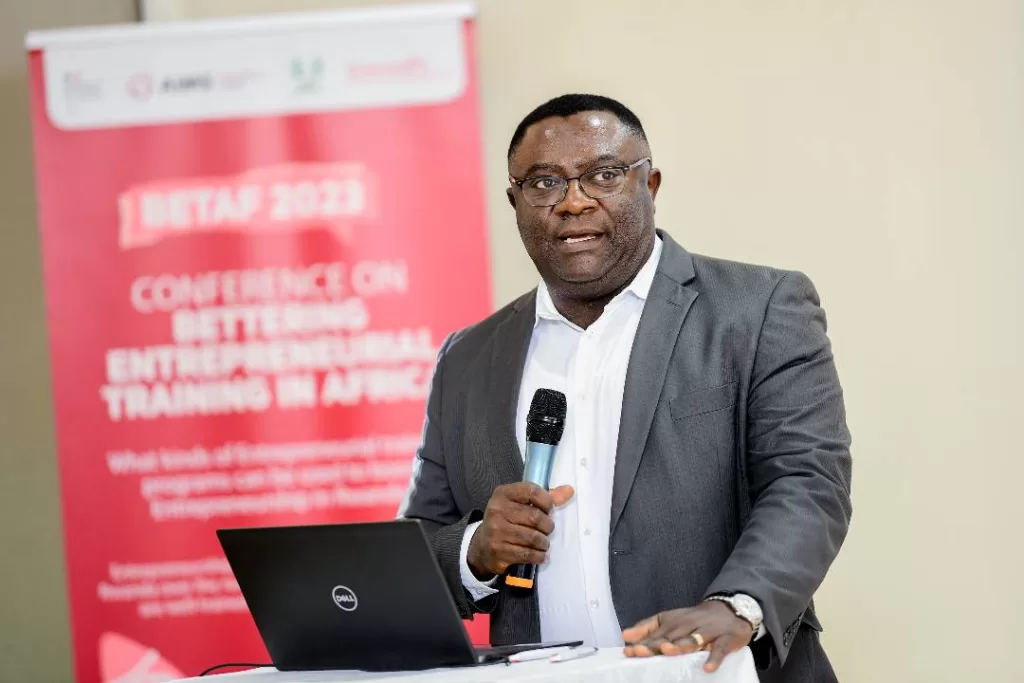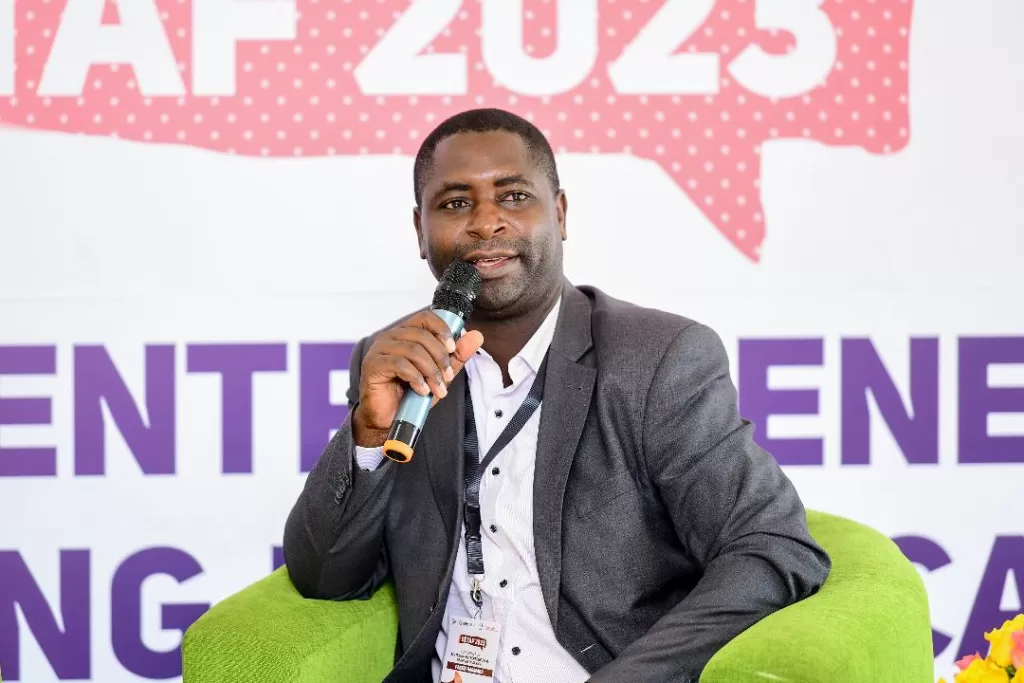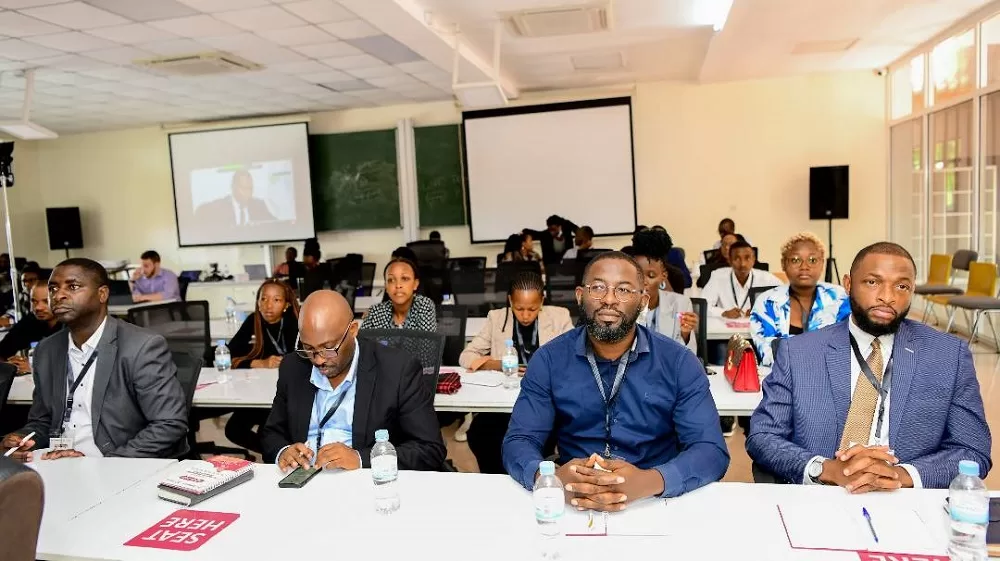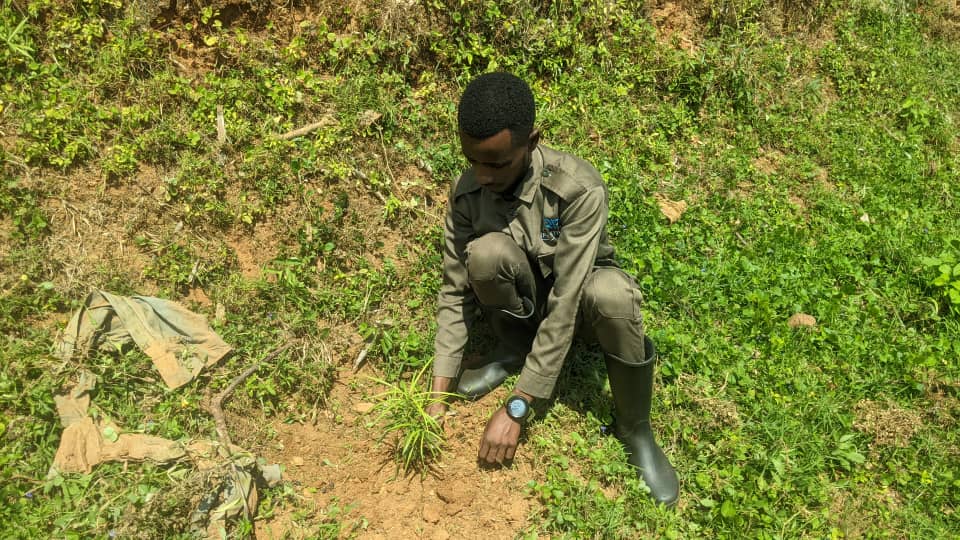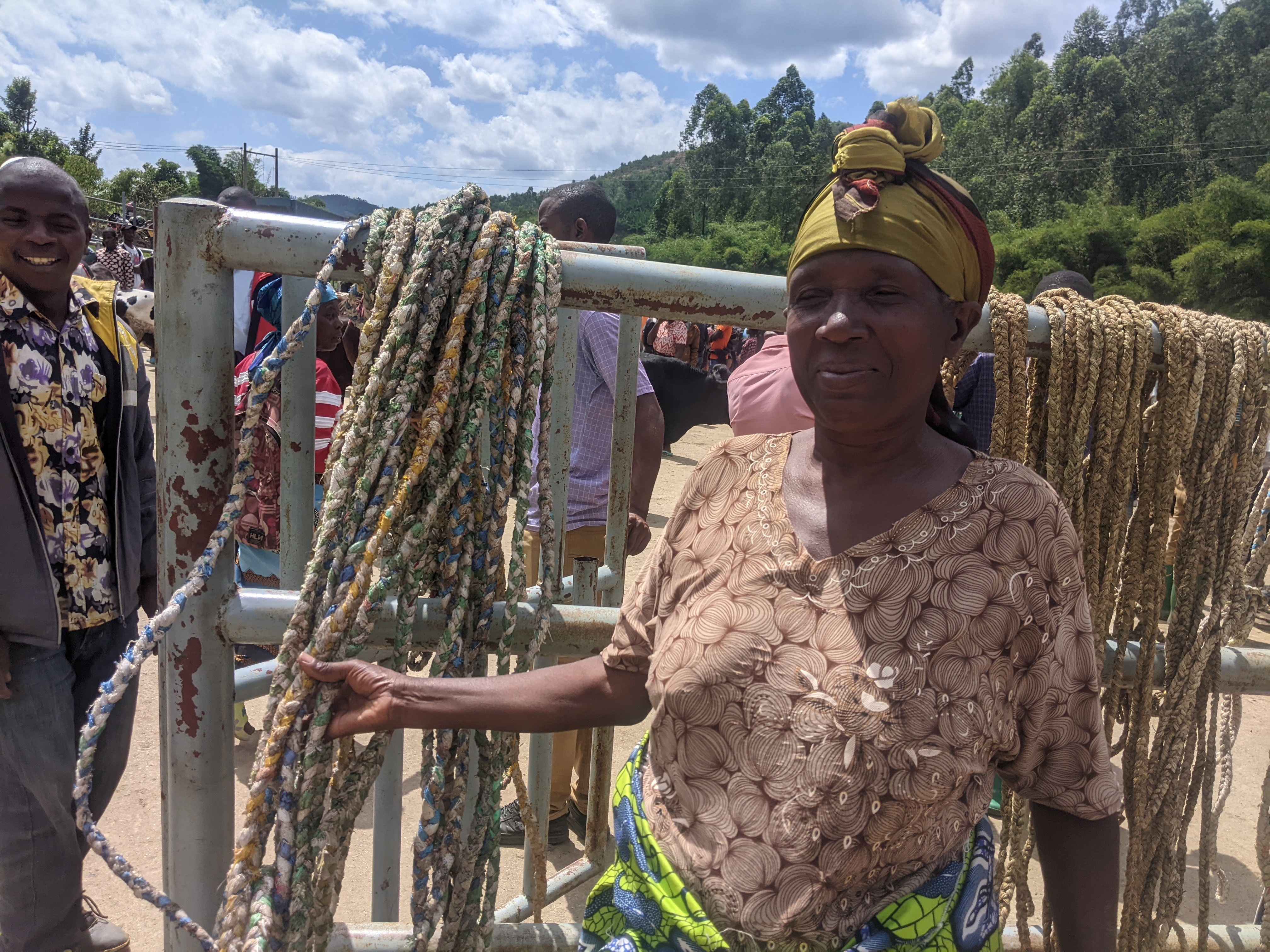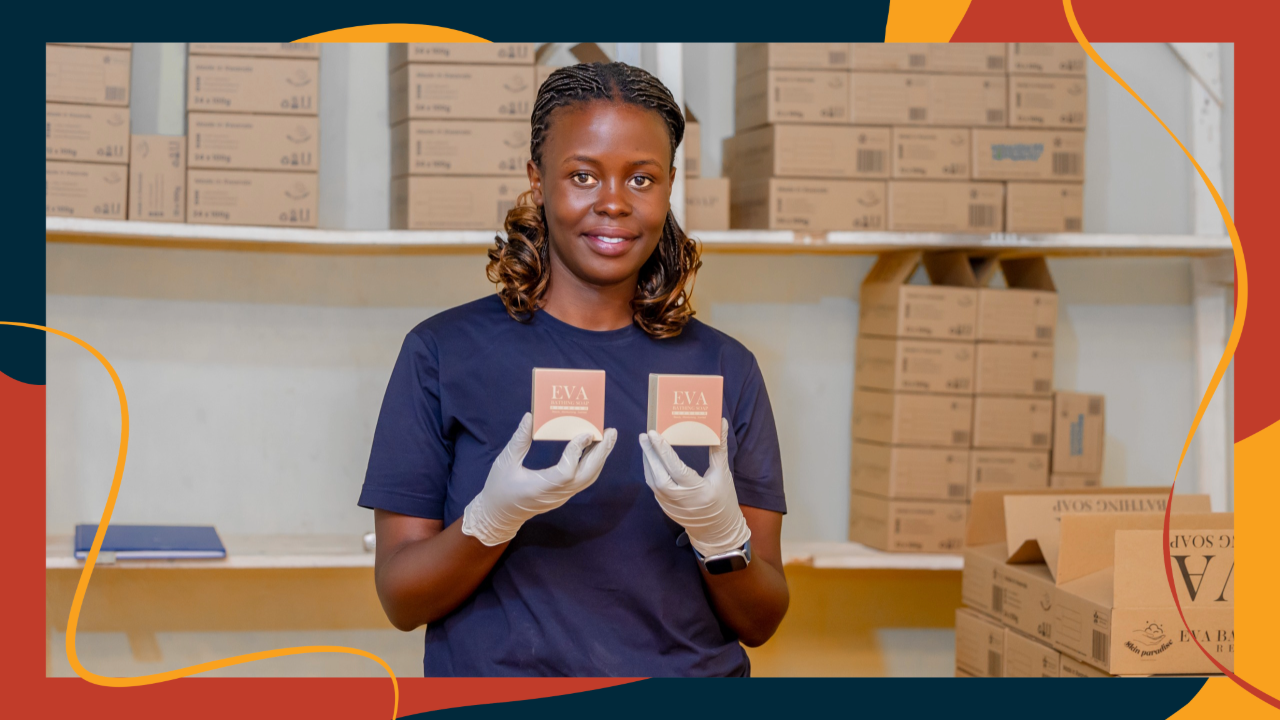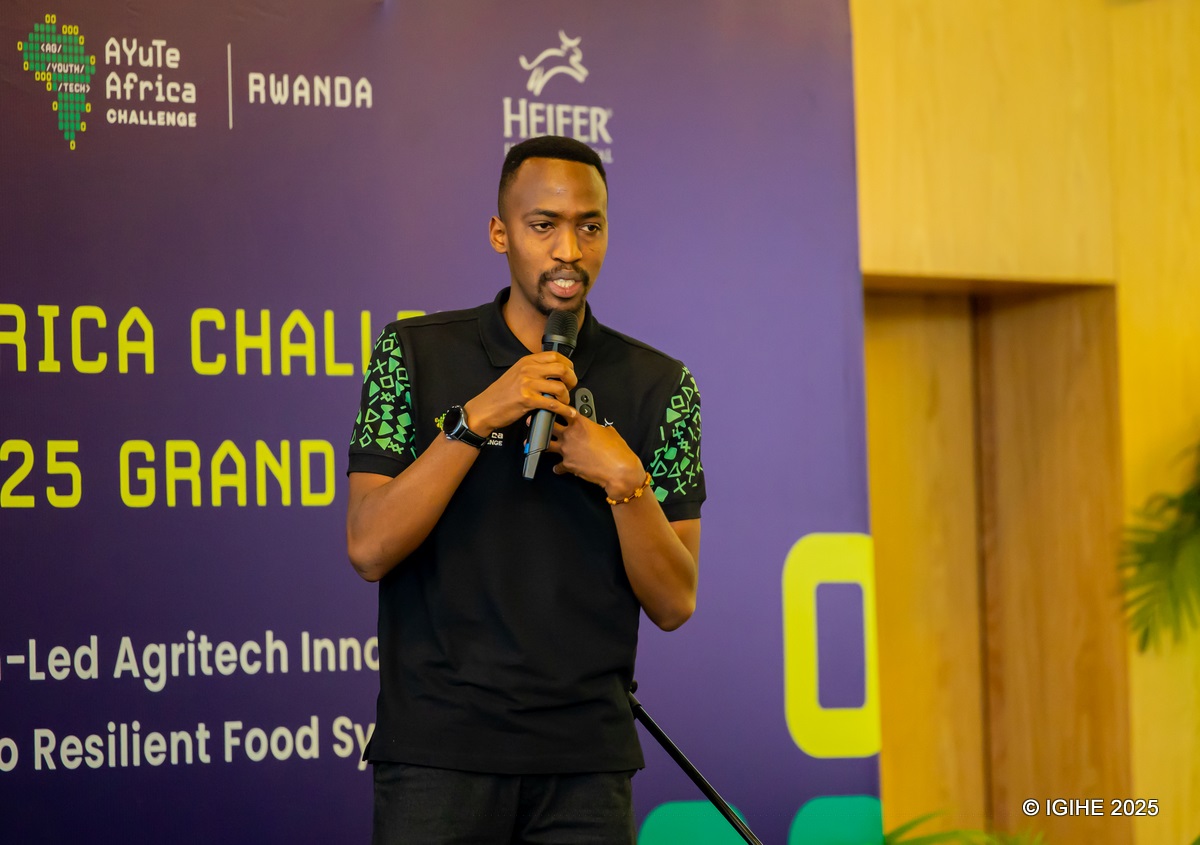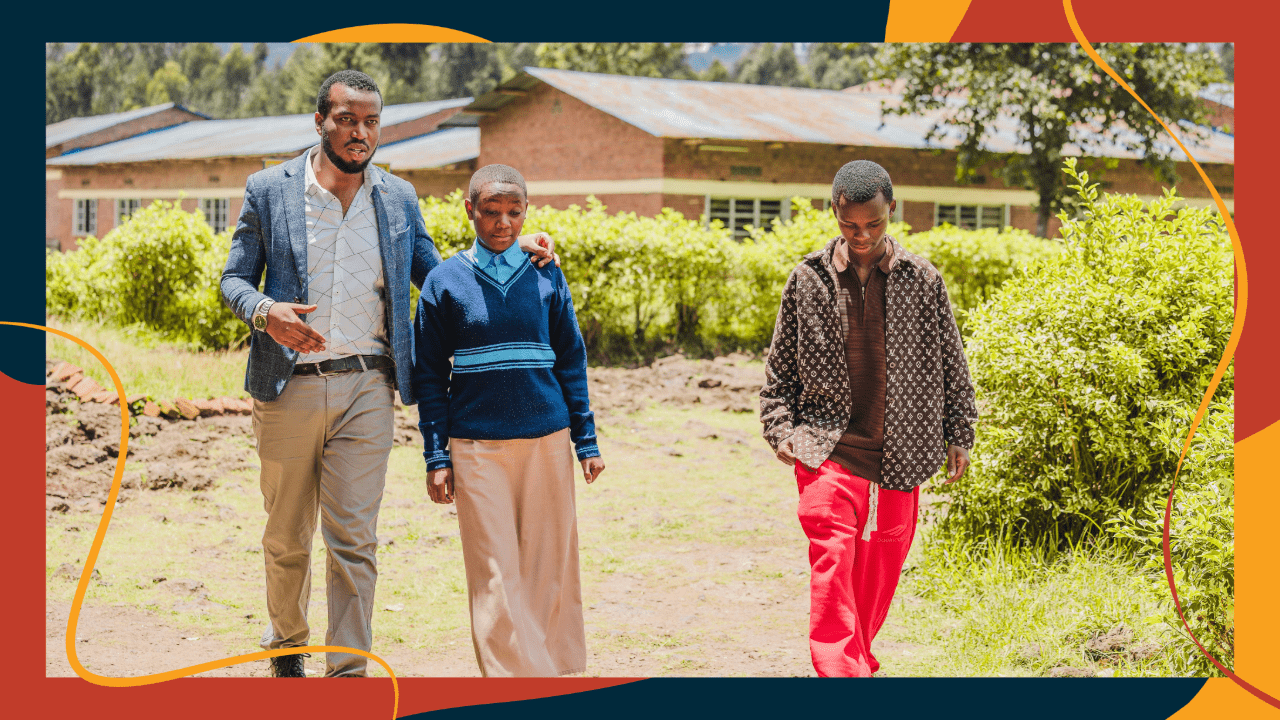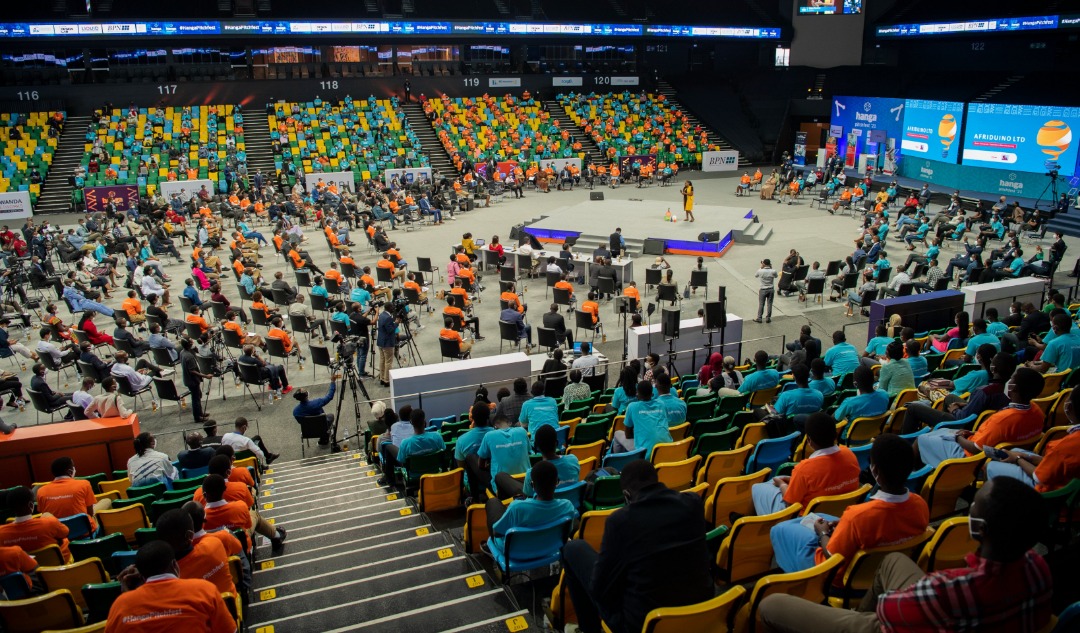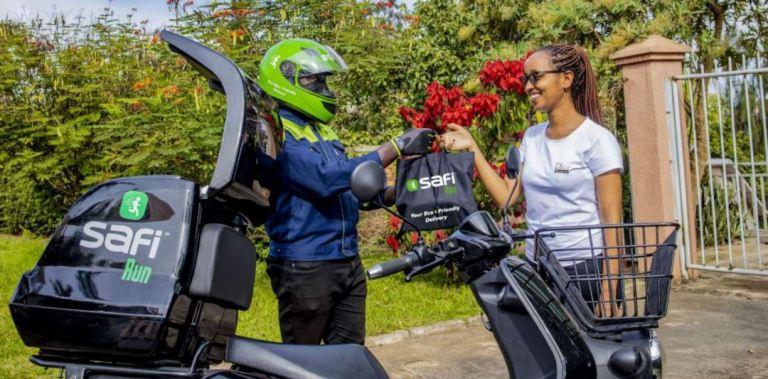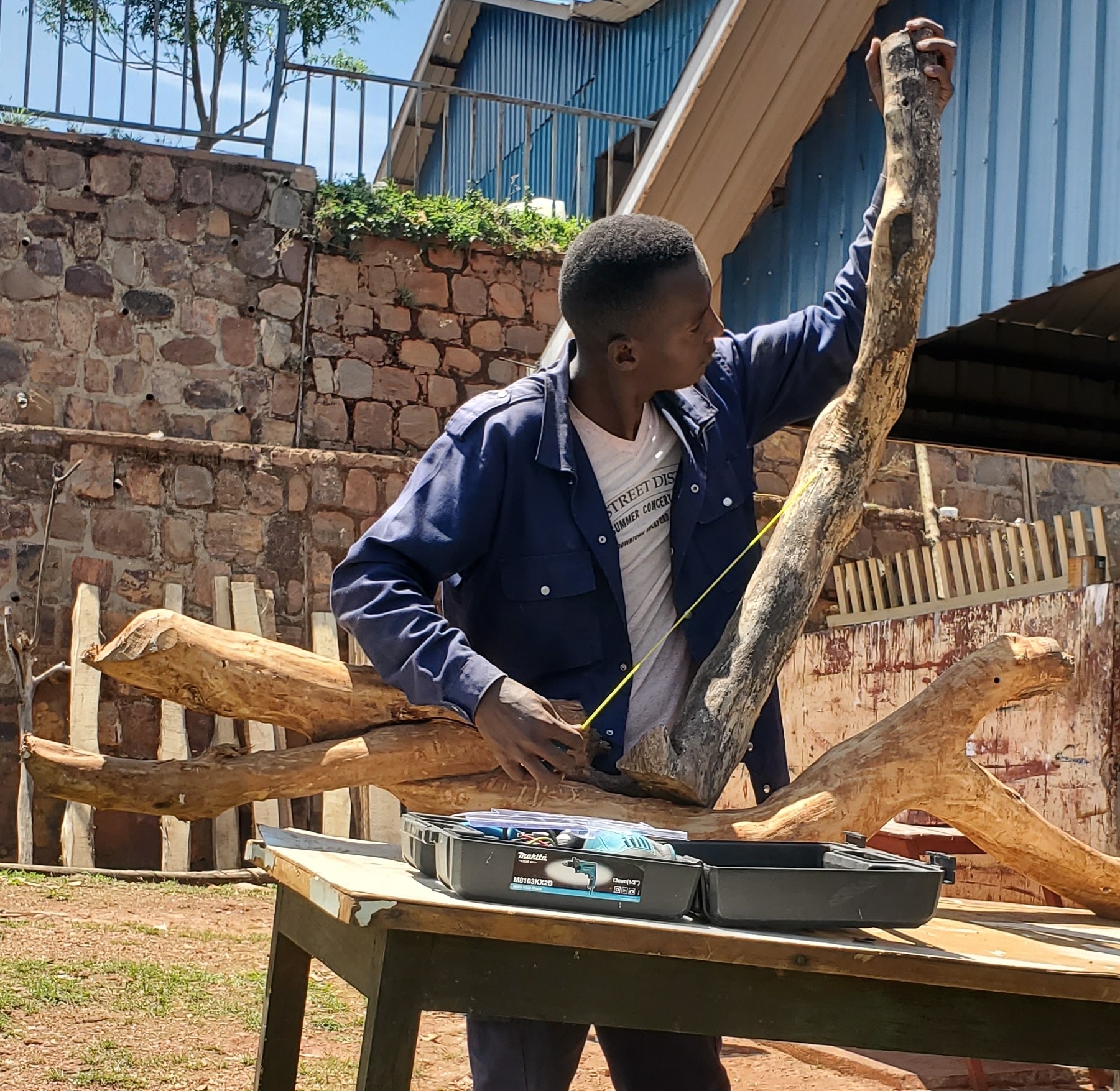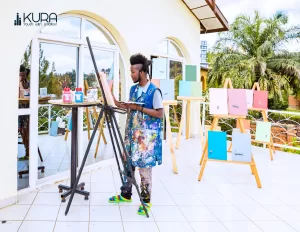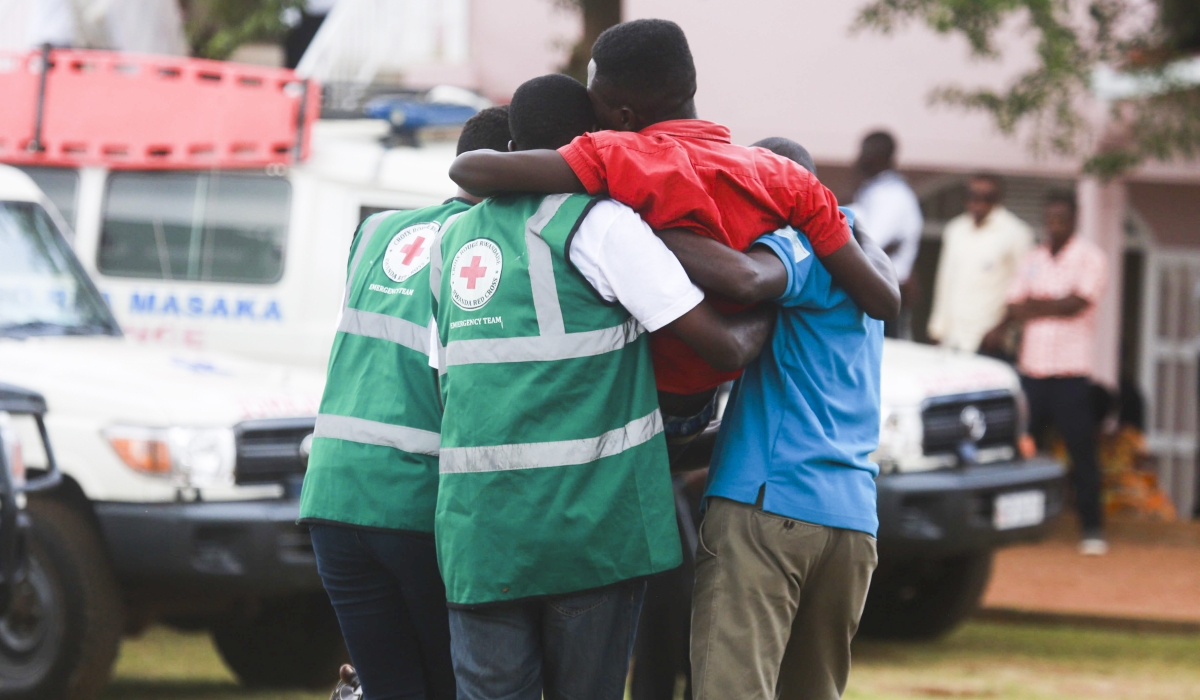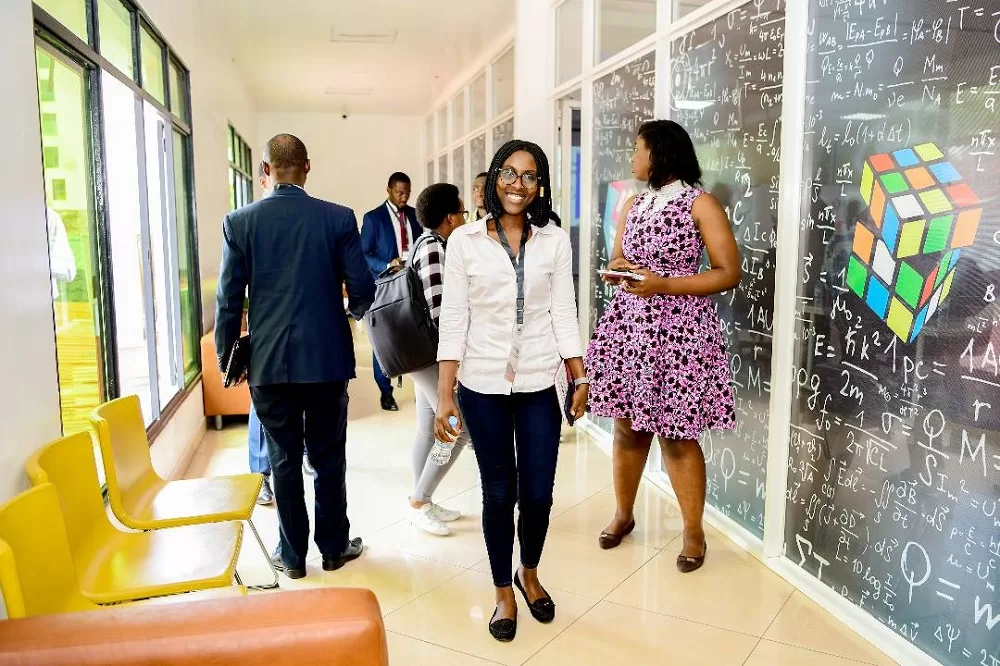The number of high school and university graduates in various fields keeps growing steadily. However, there are very few job opportunities available, which leads many people to consider starting their own businesses.
Data from February 2023 revealed that Rwanda has a working-age population of 7.9 million people who are 16 years old or older. Out of this group, 3.8 million individuals have jobs, accounting for 47.7% of the total population. Unfortunately, there are 792,000 people who are unemployed, making up 17.2% of the population.
Among these numbers, students who don’t have any other jobs that provide income are considered to be outside of the labor market.
In response to this situation, a strong focus has been placed on motivating students to explore self-employment as they enter the job market, channeling their efforts into projects that bring benefits to society. An exciting event in this vein unfolded on Thursday, May 25, 2023, at the African Institute for Mathematical Sciences (AIMS) in Remera.
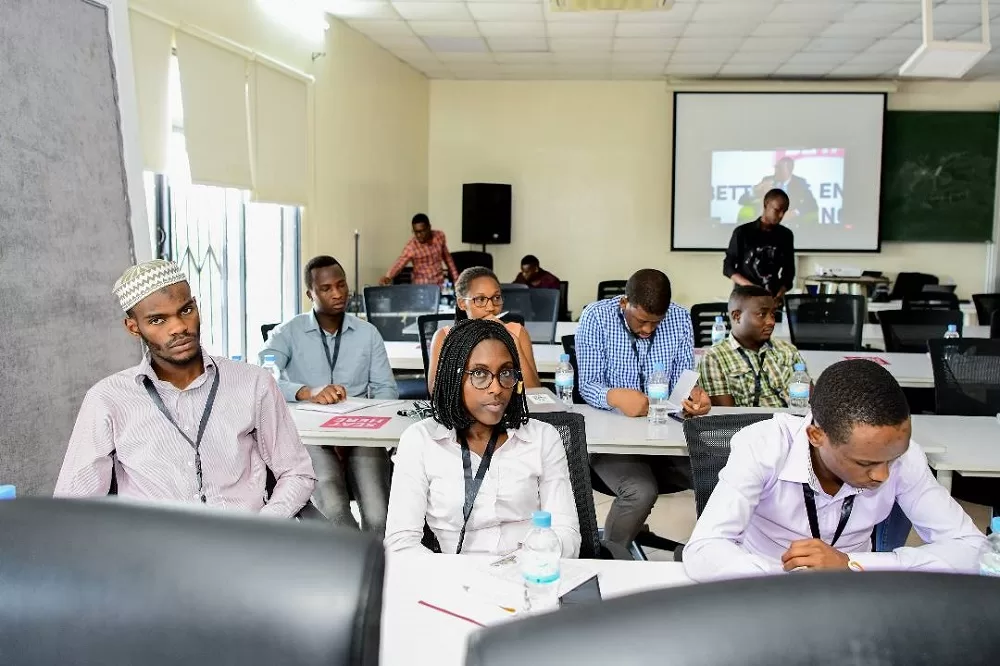
The event encompassed a comprehensive training program aimed at equipping university students with the skills and knowledge to pursue self-employment. It featured invaluable insights from accomplished entrepreneurs who generously shared their experiences to foster a deeper understanding among the participants.
This inspiring initiative, meticulously designed to educate and inspire university students toward the path of self-employment, was a collaborative effort between AIMS, Science Po, and the Mastercard Foundation. The training attracted students from a range of esteemed universities, including AIMS and East African University Rwanda, among others, adding a diverse and vibrant dimension to the event.
Students were enlightened with valuable advice, emphasizing that the knowledge they gain through education should not solely be directed towards securing employment but should also empower them to establish their own businesses, thereby benefiting both themselves and society at large.
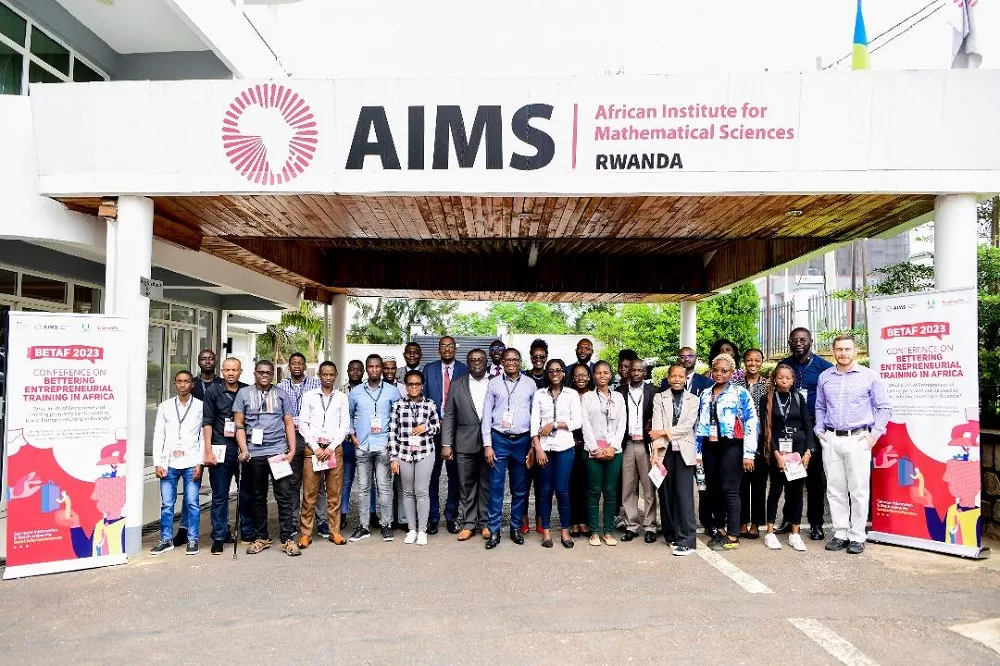
During the event, students voiced their concerns and posed questions related to employment prospects and project implementation. These concerns encompassed fears of failure if their endeavors didn’t go as planned, the lack of support during project execution, insufficient seed funding from educational institutions, and more.
Kamikazi Yeetah, the Chief Executive Officer of kLab—a company dedicated to assisting individuals with various projects—shared insightful wisdom with the attendees. Yeetah stressed the importance of gaining a deep understanding of one’s project, comprehending its societal impact, and discerning the problems it aims to solve as essential initial steps for young individuals embarking on their entrepreneurial journeys.
She said, “A baby doesn’t just start walking, it goes through stages. It first lays down, sits, begins to crawl, and then can walk. That’s why it’s very necessary for the youth to take time with their projects in order to understand them well.”
“These steps involve first having an idea, gathering the necessary information about it, what you will need in that project of yours, see how it will benefit society, and learning about the market you want to operate in.”
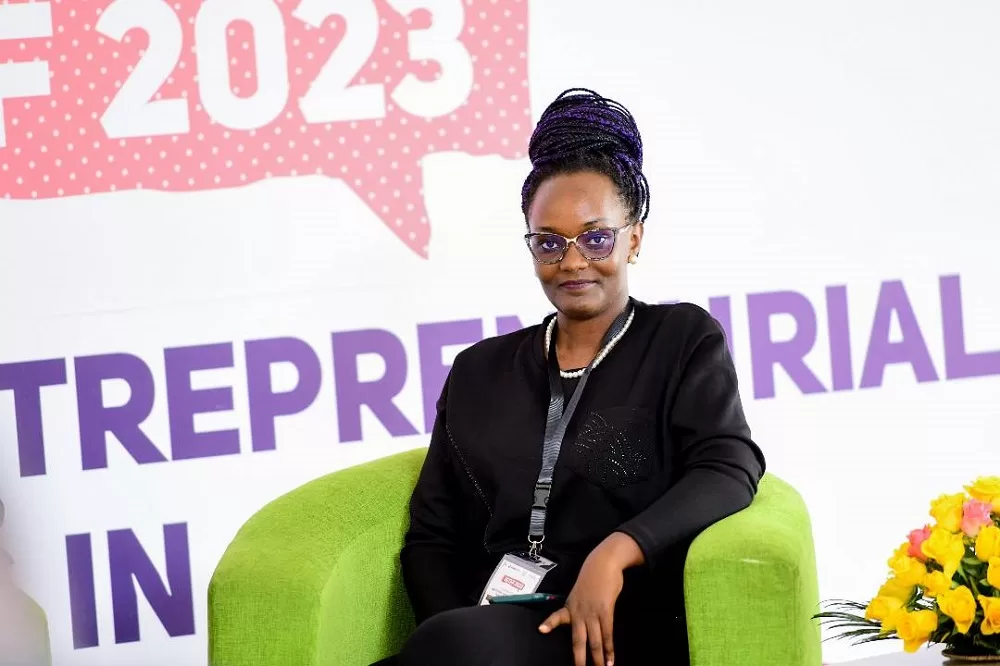
She continued saying that many young people encounter problems when seeking employment because they often focus on the goal of making money before understanding their project and how it will impact their audience or align with the country’s development goals.
One of the students who attended the training at AIMS, Beatrice Kampire, said that a student may have a project, but finding someone to help in its implementation can be quite challenging.
She said, “One of the problems people often face is knowing where to go, where to start in order to at least get somewhere, even if I don’t get seed funding, but get some knowledge, hear my ideas and where I should put effort.”
She continued saying that receiving training related to seeking employment is very beneficial to a student, as it helps her understand how she should behave in her life goals.
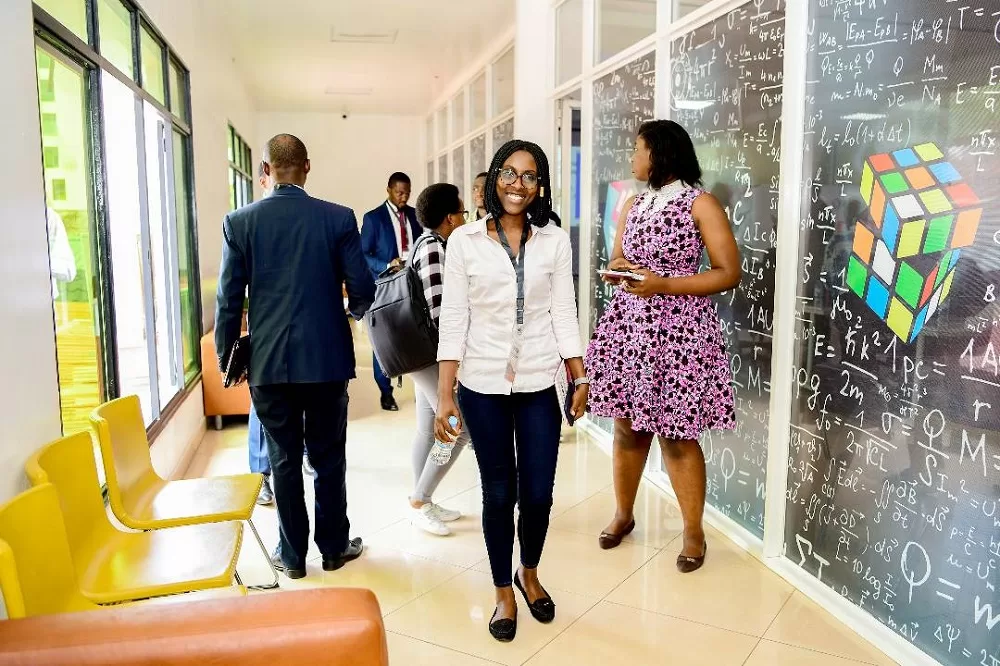
The representative of AIMS in Rwanda, Prof. Blaise Tchapnda, said that students studying science should not be left behind in seeking employment, therefore, it is the institution’s responsibility to organize trainings that will bear fruit.
He said, “Seeking employment and self-employment is a goal that everyone, even those who have never been to school, should have. It is important for us and it is our responsibility to prepare training that will enable them to have the knowledge to implement their self-employment and employment-seeking goals.”
Some of the issues raised in these student self-employment training sessions include the requirement of having three to five years of work experience when they finish school and start looking for a job that will help them get experience for self-employment.
They were advised to look for internship opportunities in various institutions, which will help them gain work experience, take up volunteering roles, and others.
